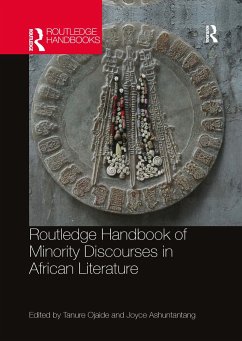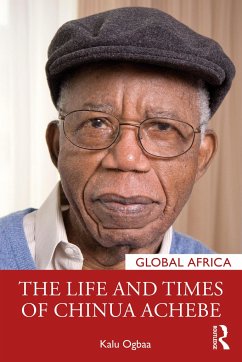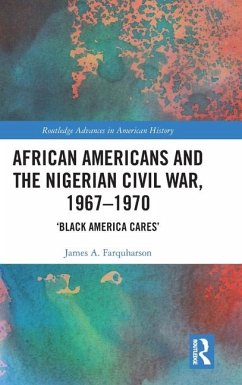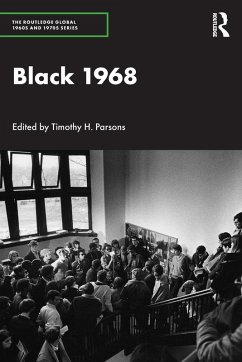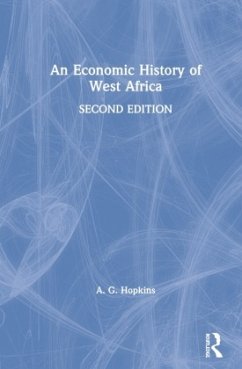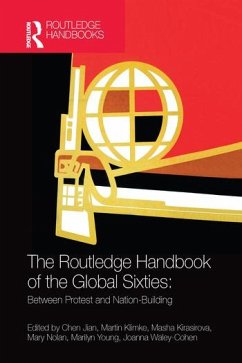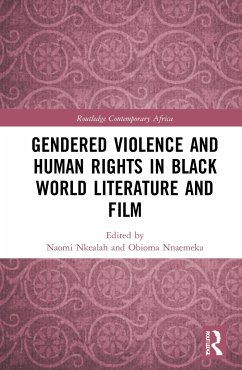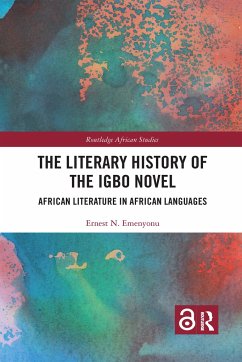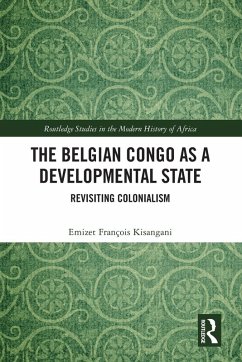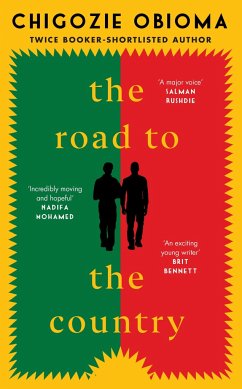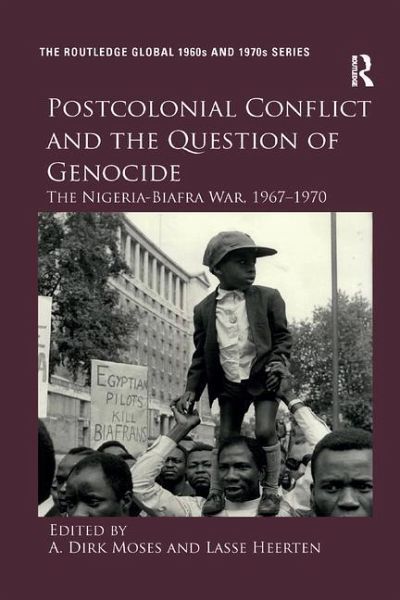
Postcolonial Conflict and the Question of Genocide
The Nigeria-Biafra War, 1967-1970
Herausgegeben: Moses, A. Dirk; Heerten, Lasse

PAYBACK Punkte
24 °P sammeln!
This volume is the first, comprehensive and balanced historical account of the momentous Nigeria-Biafra war. It offers a multi-perspectival treatment of the conflict that explores issues such as local experiences of victims, the massive relief campaigns by humanitarian NGOs and international organizations like the Red Cross, the actions of foreign powers with interests in the conflict, and the significance of the international public sphere, in which the propaganda and public relations war about the question of genocide was waged.





